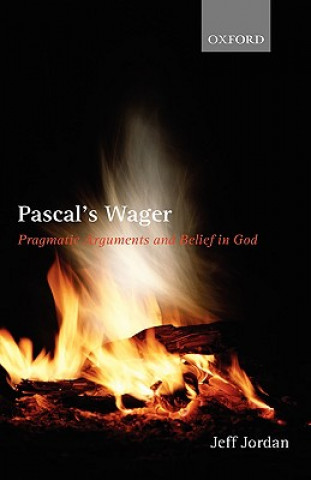
Kód: 04531875
Pascal's Wager
Autor Jeff Jordan
What if there is no strong evidence that God exists? Is belief in God when faced with a lack of evidence illegitimate and improper? Evidentialism answers yes. According to Evidentialism, it is impermissible to believe any propos ... celý popis
- Jazyk:
 Angličtina
Angličtina - Vazba: Pevná
- Počet stran: 240
Nakladatelství: Oxford University Press, 2006
- Více informací o knize

Mohlo by se vám také líbit
Darujte tuto knihu ještě dnes
- Objednejte knihu a zvolte Zaslat jako dárek.
- Obratem obdržíte darovací poukaz na knihu, který můžete ihned předat obdarovanému.
- Knihu zašleme na adresu obdarovaného, o nic se nestaráte.
Více informací o knize Pascal's Wager
Nákupem získáte 403 bodů
 Anotace knihy
Anotace knihy
What if there is no strong evidence that God exists? Is belief in God when faced with a lack of evidence illegitimate and improper? Evidentialism answers yes. According to Evidentialism, it is impermissible to believe any proposition lacking adequate evidence. And if any thesis enjoys the status of a dogma among philosophers, it is Evidentialism. Presenting a direct challenge to Evidentialism are pragmatic arguments for theism, which are designed to support belief in the absence of adequate evidence. Pascal's Wager is the most prominent theistic pragmatic argument, and issues in epistemology, the ethics of belief, and decision theory, as well as philosophical theology, all intersect at the Wager. Other prominent theistic pragmatic arguments include William James's celebrated essay, 'The Will to Believe'; a posthumously published and largely ignored pragmatic argument authored by J.S. Mill, supporting the propriety of hoping that quasi-theism is true; the eighteenth-century Scottish essayist James Beattie's argument that the consoling benefit of theistic belief is so great that theistic belief is permissible even when one thinks that the existence of God is less likely than not; and an argument championed by the nineteenth-century French philosopher Jules Lachelier, which based its case for theistic belief on the empirical benefits of believing as a theist, even if theism was very probably false. In Pascal's Wager: Pragmatic Arguments and Belief in God, Jeff Jordan explores various theistic pragmatic arguments, and the objections employed against them. Jordan presents a new version of the Wager, what he calls the 'Jamesian Wager', and argues that the Jamesian Wager survives the objections hurled against theistic pragmatic arguments and provides strong support for theistic belief. In addition to arguing for a sound version of the Wager, Jordan also argues that there is a version of Evidentialism compatible with a principled use of pragmatic arguments, and that the Argument from Divine Silence fails. Objections found in Voltaire, Hume, and Nietzsche against the Wager are scrutinized, as are objections issued by Richard Swinburne, Richard Gale, and other contemporary philosophers. The ethics of belief, the many-gods objection, the problem of infinite utilities, and the propriety of a hope based acceptance are also examined.
 Parametry knihy
Parametry knihy
Zařazení knihy Knihy v angličtině Humanities Religion & beliefs Religion: general
4031 Kč
- Plný název: Pascal's Wager
- Podnázev: Pragmatic Arguments and Belief in God
- Autor: Jeff Jordan
- Jazyk:
 Angličtina
Angličtina - Vazba: Pevná
- Počet stran: 240
- EAN: 9780199291328
- ISBN: 0199291322
- ID: 04531875
- Nakladatelství: Oxford University Press
- Hmotnost: 418 g
- Rozměry: 226 × 149 × 21 mm
- Datum vydání: 26. October 2006
Oblíbené z jiného soudku
-
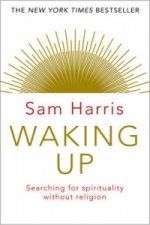
Waking Up
323 Kč -
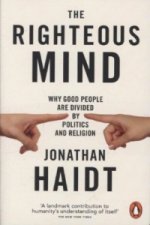
The Righteous Mind
357 Kč -

End of Faith
276 Kč -

Death
104 Kč -
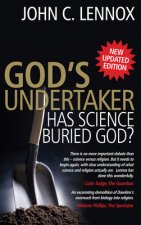
God's Undertaker
303 Kč -
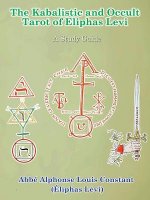
Kabalistic and Occult Tarot of Eliphas Levi
797 Kč -
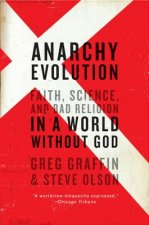
Anarchy Evolution
357 Kč -
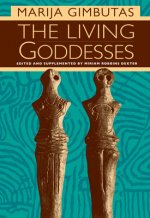
Living Goddesses
899 Kč -

Original Aramaic New Testament in Plain English with Psalms & Proverbs (8th Edition Without Notes)
844 Kč -

Scientific Healing Affirmations
181 Kč -

Conversations With God
323 Kč -

The Psychology of Selling
384 Kč -
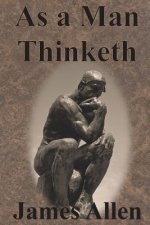
As a Man Thinketh
179 Kč -
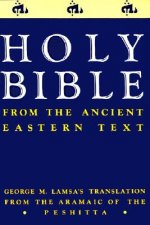
Holy Bible
635 Kč -

Encyclopedia of Demons in World Religions and Cultures
1470 Kč -

American Cosmic
514 Kč -
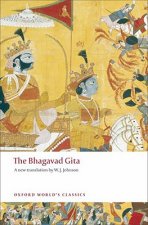
Bhagavad Gita
204 Kč -

Koran
515 Kč -

Secular Age
626 Kč -

Mabon
292 Kč -

Religion for Atheists
357 Kč -
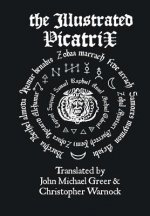
Illustrated Picatrix: the Complete Occult Classic of Astrological Magic
1497 Kč -

Cosmic Chemistry
410 Kč -

Princess Majestic Bible Tabs
166 Kč -
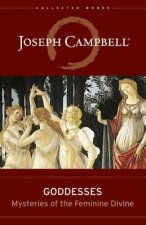
Goddesses
598 Kč -

You Are the Universe
399 Kč -

Good Morning, Holy Spirit
410 Kč -
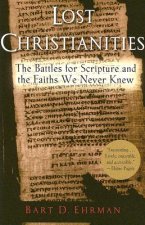
Lost Christianities
316 Kč -
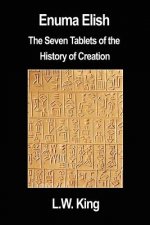
Enuma Elish
459 Kč -
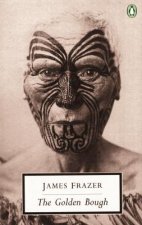
Golden Bough
475 Kč -

Mary Magdalene and the Divine Feminine
400 Kč -
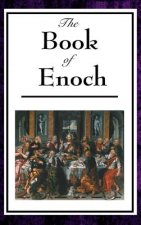
Book of Enoch
567 Kč -

Energy in Orthodox Theology and Physics
990 Kč -

History of God
357 Kč -

Religions Book
564 Kč -
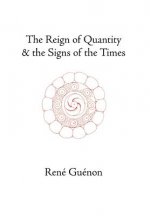
Reign of Quantity and the Signs of the Times
925 Kč -
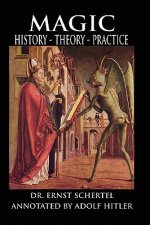
Magic: History, Theory, Practice
575 Kč -
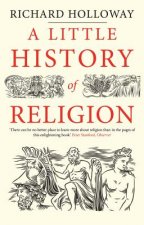
Little History of Religion
314 Kč -
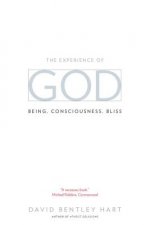
Experience of God
447 Kč -
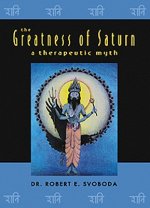
The Greatness of Saturn
322 Kč -

Dao De Jing
407 Kč -
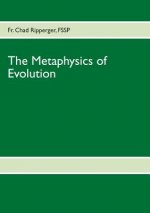
Metaphysics of Evolution
327 Kč -
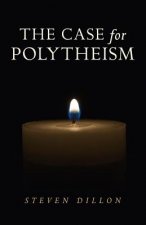
Case for Polytheism
291 Kč -

History of Israel, Fourth Edition
1266 Kč -
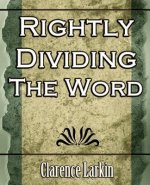
Rightly Dividing the Word (Religion)
884 Kč -
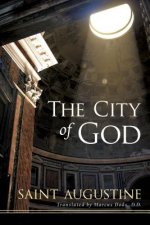
City of God
465 Kč -

Fallen Angels and the Origins of Evil
451 Kč -
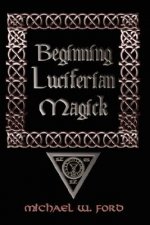
Beginning Luciferian Magick
505 Kč -
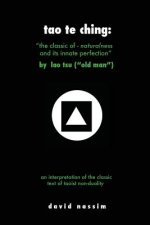
Tao Te Ching - by Lao Tsu
438 Kč
Osobní odběr Praha, Brno a 12903 dalších
Copyright ©2008-24 nejlevnejsi-knihy.cz Všechna práva vyhrazenaSoukromíCookies





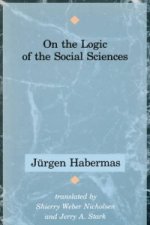
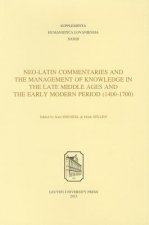
 Vrácení do měsíce
Vrácení do měsíce 571 999 099 (8-15.30h)
571 999 099 (8-15.30h)